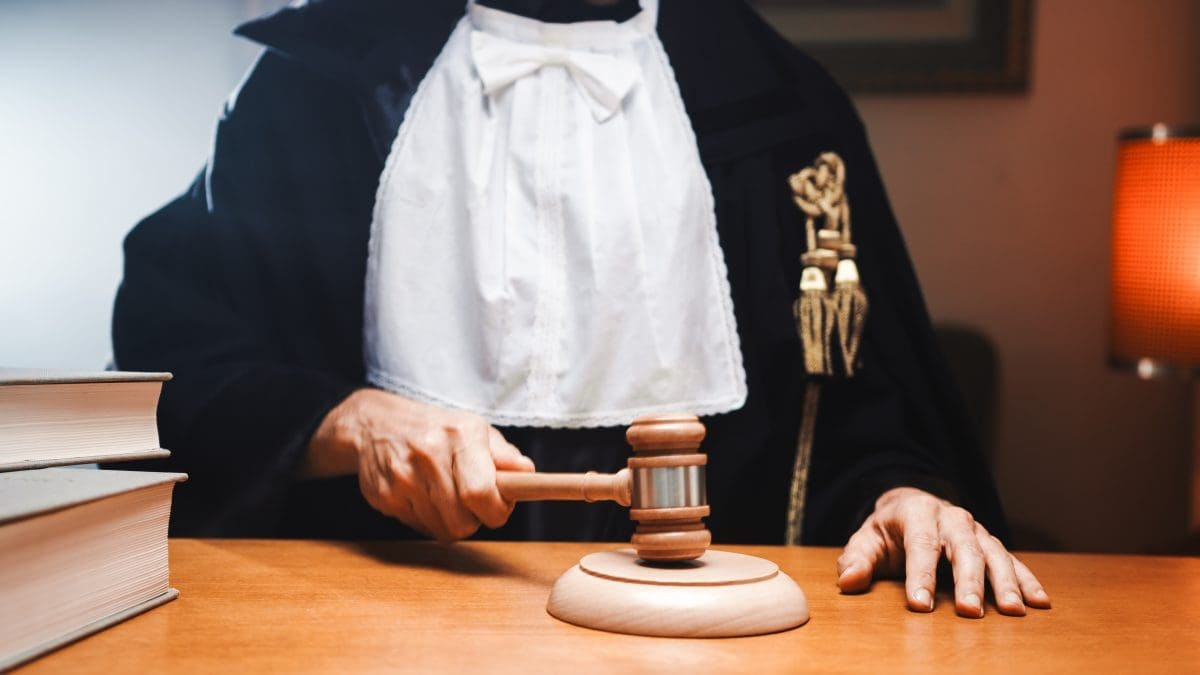It’s one thing to have a CCJ against a debtor, it’s another thing to enforce it. Luckily, there are a range of CCJ enforcement methods to choose from. Our debt collection agency is always on hand to ensure that you receive the funds that are rightfully yours.
What is a CCJ?
A CCJ – which stands for County Court Judgement – is a court order issued against an individual or business that has failed to repay money that they owe. It is a legal decision given by a judge that confirms that the debtor owes a specific amount of money to the creditor, and it details instructions of how the debt should be repaid.
There are a range of reasons why a CCJ might be issued, but failing to repay a debt is one of the most common. Once a CCJ is issued, the debtor is given a deadline to repay the debt. If they fail to repay the debt by the deadline, the creditor has the option to take further action to enforce the judgement, such as applying to seize assets or arranging for bailiffs to collect the debt.
Factors to Consider When Choosing a CCJ Enforcement Method
- High Court Enforcement Officer – A high court enforcement officer is someone appointed by the High Court to enforce CCJs and other types of court orders. They have the authority to seize a debtor’s assets in order to satisfy the debt that they owe. They have the authority to use methods such as taking control of goods, entering premises, and selling assets at auction to recover the money owed.
- County Court Bailiffs – County court bailiffs are appointed by the court as a form of CCJ enforcement. They have the authority to visit the debtor’s premises, seize assets and sell them to recover the debt owed. They can also assist with other enforcement actions, such as serving legal documents and evicting tenants.
- Attachment of Earnings Order – An Attachment of Earnings Order is a way for a creditor to recover money owed by deducting payments directly from the debtor’s income. Once an Attachment of Earnings Order is granted by the court, the debtor’s employer is legally obligated to deduct a specified amount from their earnings and transfer it to the creditor until the debt is fully repaid.
- Third Party Debt Order – A third party debt order freezes money that might otherwise be paid to the debtor of a judgement, with the aim of it being used for the CCJ. The person or organisation holding the money is the third party, and they stop the debtor from having access to the money until the court makes a decision.
- Charging Order – This is a legal charge placed on the debtor’s property, such as their home or land, as security for a debt owed to the creditor. Once granted by the court, a Charging Order gives the creditor the right to seek repayment of the debt by forcing the sale of the property. If the property is sold, the creditor will be entitled to receive the proceeds of the sale to satisfy the debt owed.
Of course, there are other ways to make a claim for money that you are owed, and our experts are on hand to help. Contact us today to find out more.






